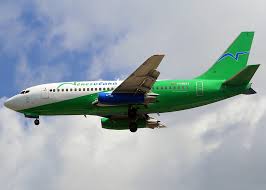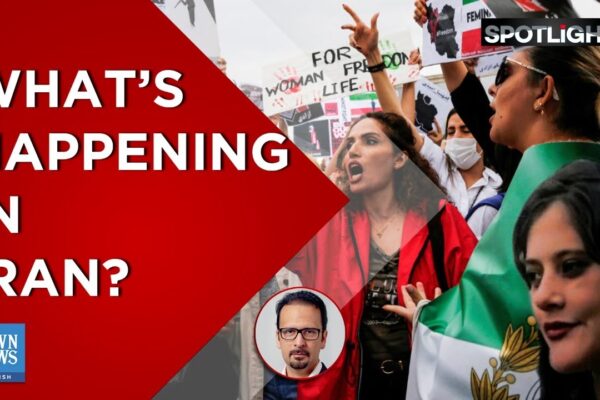
Introduction to Venezuela’s Crisis
The ongoing crisis in Venezuela has garnered significant international attention due to its profound impact on the country’s economy, politics, and social fabric. Once a prosperous nation thanks to its vast oil reserves, Venezuela is now grappling with hyperinflation, widespread poverty, and political instability. Understanding the factors contributing to this decline is crucial for grasping the potential implications for the Latin American region.
The Economic Situation
Venezuela’s economy has been in freefall for several years, primarily attributed to the collapse of its oil industry, which constitutes about 90% of the country’s export revenues. According to the World Bank, the economy shrank by approximately 80% from 2014 to 2022. As of 2023, inflation rates continue to soar, with estimates suggesting figures exceeding 500% annually. The country’s currency, the Bolívar, has suffered devaluation, causing many people to rely on barter systems instead of formal financial transactions.
Amidst these economic challenges, access to basic needs such as food and healthcare has become increasingly difficult. The United Nations has reported that over 9 million Venezuelans are facing severe food insecurity, illustrating the dire humanitarian situation developing in the country. Non-governmental organisations (NGOs) are struggling to address these issues due to the overwhelming scale of the crisis.
The Political Landscape
The political crisis in Venezuela has exacerbated the economic turmoil, primarily centering around the leadership of President Nicolás Maduro. After years of disputed elections, many nations do not recognise Maduro’s government, viewing it as illegitimate. Opposition movements have faced severe repression, leading to widespread protests and civil unrest within the country. Recent reports indicate increased violence by security forces against opposition demonstrators, raising alarms about human rights violations.
International efforts to mediate the political situation have seen mixed results, with various Latin American and European countries sanctioning Maduro’s regime while attempting to foster dialogues with opposition leaders. However, these efforts have yet to yield significant change, as the Maduro administration remains firmly entrenched in power.
Conclusion and Future Implications
The ongoing situation in Venezuela presents serious ramifications not only for its citizens but also for the region as a whole. As the country grapples with economic hardship and political strife, migration continues to rise, with millions fleeing in search of better opportunities. The exodus of Venezuelans has recently spurred neighbouring countries to grapple with influxes, straining resources and creating diplomatic challenges.
As the crisis unfolds, there is hope that international bodies, alongside neighbouring states, may bolster efforts to support a peaceful resolution and humanitarian assistance. Urging political reforms and economic recovery will be essential in transforming Venezuela’s outlook. Understanding and engaging with these issues remains crucial, as they may affect broader stability and development across Latin America.
You may also like

Understanding the Current Political Landscape in the UK

Current Events: What’s Happening in Iran

The UKIP Party: Recent Developments and Future Outlook
SEARCH
LAST NEWS
- Remembering Wendy Richard: The Promise to Co-Star Natalie Cassidy
- How Did Anglian Water Achieve an ‘Essentials’ Rating for Mental Health Accessibility?
- Shai Hope Leads West Indies in T20 World Cup Clash Against South Africa
- What We Know About Weston McKennie: Future at Juventus and Past at Leeds
- What We Know About the Upcoming Live Nation Antitrust Trial